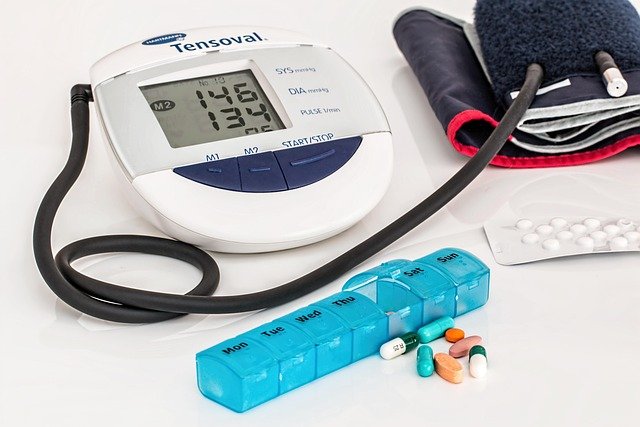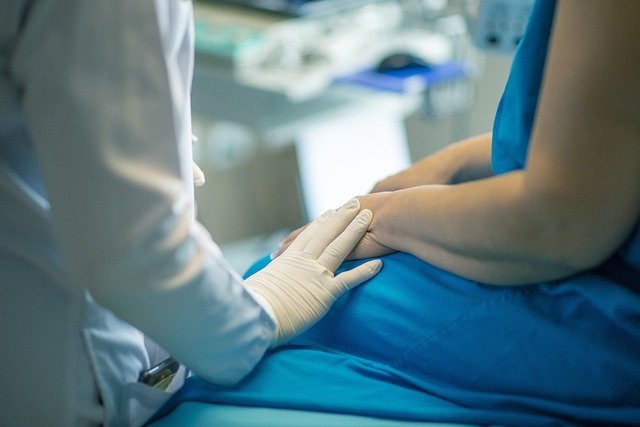Understanding Crohn’s Disease: Common Symptoms in Women
Crohn’s disease is a chronic condition that affects the digestive system and can appear in both men and women. In women, it may sometimes present with unique health considerations, such as changes in energy levels, abdominal discomfort, or challenges with nutrition. Understanding these aspects can help individuals seek timely medical guidance and maintain overall well-being. This information is intended for educational purposes only and should not replace professional medical advice. Always consult a qualified healthcare provider with any concerns.

What are the primary symptoms of Crohn’s disease in women?
The primary symptoms of Crohn’s disease in women often mirror those experienced by men, but with some notable differences. Common manifestations include persistent diarrhea, abdominal pain and cramping, fatigue, and unexplained weight loss. Women may also experience rectal bleeding, which can be particularly concerning. It’s important to note that symptoms can vary in intensity and may fluctuate between periods of active disease (flares) and remission.
How does Crohn’s disease affect women’s reproductive health?
Crohn’s disease can have significant implications for women’s reproductive health. Many women with Crohn’s disease experience irregular menstrual cycles, which can be attributed to the chronic inflammation and nutritional deficiencies associated with the condition. Additionally, Crohn’s disease can impact fertility, making it more challenging for some women to conceive. Pregnant women with Crohn’s disease may face an increased risk of complications, highlighting the importance of close medical supervision during pregnancy.
Are there any unique digestive health insights for women with Crohn’s?
Women with Crohn’s disease may experience some unique digestive health challenges. One notable difference is the higher prevalence of perianal complications in women compared to men. These complications can include fistulas, abscesses, and anal fissures, which can be particularly distressing and may require specialized treatment. Furthermore, women with Crohn’s disease may be more susceptible to certain nutrient deficiencies, such as iron deficiency anemia, due to the combined effects of menstruation and intestinal inflammation.
What information on chronic conditions is essential for women with Crohn’s?
Understanding the chronic nature of Crohn’s disease is crucial for women managing this condition. It’s important to recognize that while there is no cure, various treatment options can help control symptoms and achieve remission. Women should be aware of potential complications, such as osteoporosis, which can be more prevalent in female patients due to hormonal factors and the use of certain medications. Additionally, women with Crohn’s disease should be vigilant about regular health screenings, as they may have an increased risk of certain cancers, including colorectal cancer.
How can women increase Crohn’s disease awareness and manage their condition?
Increasing awareness of Crohn’s disease is essential for improving diagnosis rates and supporting those affected. Women can play a crucial role in this by sharing their experiences and advocating for better understanding of the condition. Managing Crohn’s disease effectively often involves a multidisciplinary approach, combining medical treatments with lifestyle modifications. This may include following a tailored diet, managing stress, and engaging in regular exercise as tolerated. Women should work closely with their healthcare providers to develop a comprehensive management plan that addresses their individual needs and concerns.
What treatment options are available for women with Crohn’s disease?
Treatment for Crohn’s disease in women typically involves a combination of medications, lifestyle changes, and in some cases, surgical interventions. The goal of treatment is to reduce inflammation, alleviate symptoms, and prevent complications. Common medications used to treat Crohn’s disease include anti-inflammatory drugs, immunosuppressants, and biologic therapies. In some cases, women may require additional treatments to address specific concerns, such as hormone therapy for menstrual irregularities or supplementation for nutrient deficiencies.
| Treatment Category | Examples | Purpose |
|---|---|---|
| Anti-inflammatory drugs | Mesalamine, Corticosteroids | Reduce inflammation in the digestive tract |
| Immunosuppressants | Azathioprine, Methotrexate | Suppress the immune response to control inflammation |
| Biologic therapies | Infliximab, Adalimumab | Target specific proteins involved in inflammation |
| Antibiotics | Ciprofloxacin, Metronidazole | Treat infections and fistulas |
| Nutritional therapy | Enteral nutrition, Parenteral nutrition | Provide nutrition and allow the bowel to rest |
Prices, rates, or cost estimates mentioned in this article are based on the latest available information but may change over time. Independent research is advised before making financial decisions.
In conclusion, Crohn’s disease presents unique challenges for women, affecting various aspects of their health and well-being. By understanding the common symptoms, potential complications, and available treatment options, women with Crohn’s disease can work towards better management of their condition and improved quality of life. Regular communication with healthcare providers and staying informed about the latest developments in Crohn’s disease research are essential steps in navigating this chronic condition.
This article is for informational purposes only and should not be considered medical advice. Please consult a qualified healthcare professional for personalized guidance and treatment.




